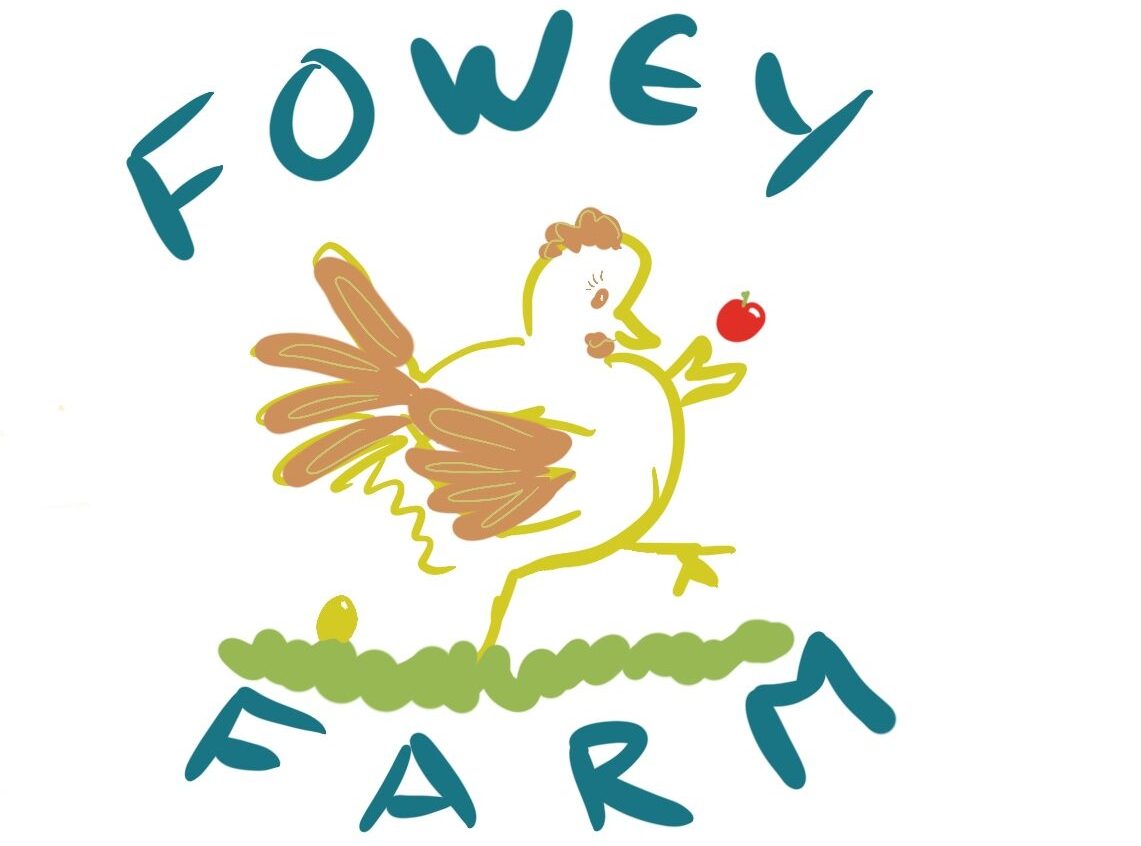There’s something truly grounding about friendship, isn’t there? Like a well-built stone wall, good friends offer support and stand steady through changing seasons. Here on the farm, you certainly appreciate the value of a helping hand or a friendly ear.
What are Friends For? Especially on the Farm!
Farming life, rewarding as it is, can be demanding. It has its highs and its definite lows – the pouring rain for instance. That’s where friends come in.
They’re the neighbours who help you, no questions asked. They’re the ones you share a quick cuppa and a chat with, breaking up the solitude of a long day. They understand the unique pressures and joys of working the land. They celebrate your successes with genuine warmth and offer quiet support when things are difficult.
Being a Good Friend
So, what makes a good friend, whether on the farm or off? It boils down to a few key things:
- Reliability: Being there when you say you will be.
- Support: Offering help without needing to be asked sometimes, and listening without judgement.
- Trust: Keeping confidences and being honest, even when it’s tricky.
- Shared Joy & Sorrow: Celebrating the good times together and offering comfort during the bad. Being a good friend often means simply showing up, listening well, and offering kindness and understanding.
The Farm as a Friend to Young People
It might sound a bit unusual, but I believe the farm itself can act like a friend to young people, especially those finding school or life a bit challenging. How?
Think about it: the farm offers a different kind of environment.
- A Calming Presence: The rhythm of the seasons, the quiet company of animals, the open space – it can provide a sense of calm and reduce the anxieties that sometimes make concentrating at school difficult. Spending time outdoors, away from screens and classroom pressures, can create the head-space needed to focus better later.
- Building Responsibility: Looking after animals or helping with specific tasks teaches responsibility, routine, and the importance of seeing a job through. These are life skills that directly translate to managing homework and school commitments.
- Tangible Achievement: Mending a fence, growing vegetables – these tasks provide a real sense of accomplishment. Success here builds confidence and a ‘can-do’ attitude that young people can carry into their schoolwork, helping them realise they can tackle challenges.
- Practical Learning: The farm is a living classroom! It offers hands-on ways to understand biology, weather, basic mechanics, and even maths (calculating feed, measuring fields). This practical application can make learning feel more relevant and engaging.
By offering space, purpose, and a connection to the natural world, the farm environment can act as a supportive partner, helping young people build resilience, focus, and a sense of capability that undoubtedly helps them navigate their school life more successfully.
Ultimately, whether it’s the human connections we nurture or the supportive environments we cultivate, friendship in all its forms is about helping each other grow and thrive.
Friends who support
See the pages for specific friends but here are some of the friends who support us.


Lee Pedley
Lee built the chicken coop which is providing shelter for our birds.
Derek Hayward Tree Services
Derek has been kind enough to drop off several loads of wood chippings. Makes a lovely mulch for the chickens and trees.

